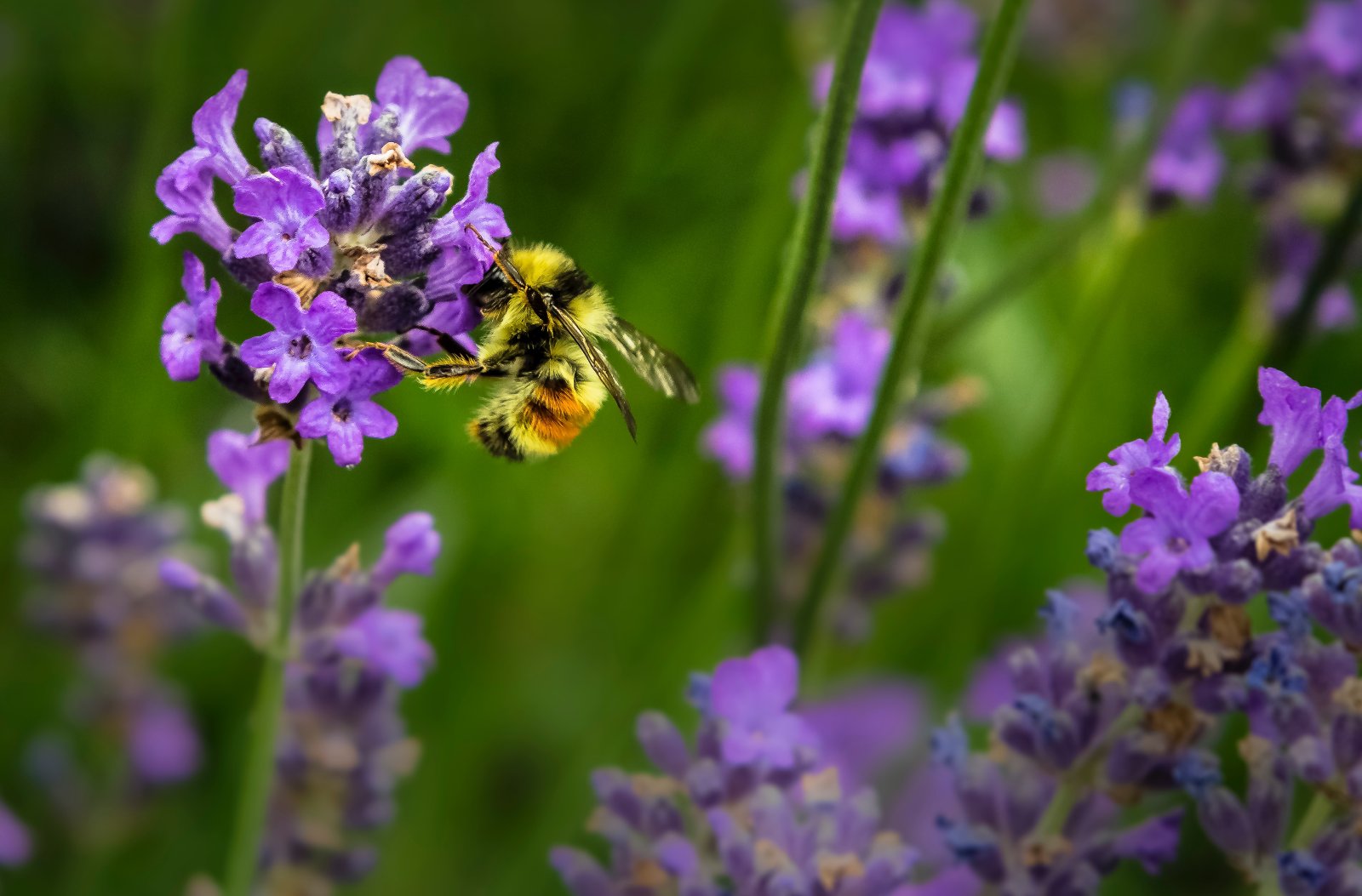Insects are dying around the world. That might spell trouble for our food security

Insects are quickly going extinct — and their absence could leave us with some serious problems: Despite their sight being the cause of revulsion among most people, insects play one of the most vital roles in ensuring our ecosystems are functioning soundly, as well as in food production around the world. The problem is that many of these crucial organisms are now coming under increasing threat of extinction due to human activity. Researchers have been sounding the alarm on this looming threat for years, with some estimates suggesting that nearly 40% of all insect populations are currently in decline and at risk of being completely wiped out over the coming decades, according to one research paper. Although this may sound like a dream come true for entomophobes, the consequence of a world without insects would be catastrophic.
Insect populations are on the decline: Though insect populations have proven resilient to previous mass extinction events, researchers are finding that they may be way more vulnerable than we previously thought. Some of the species in question from the 2019 study on global insect populations include moths, butterflies, bees, dung beetles among many others that help decompose organic matter. “In 10 years you will have a quarter less, in 50 years only half left and in 100 years you will have none,” one of the researchers behind the study told the Guardian.
And it's been a long time in the making: Backing up this claim of rapidly falling populations is a 2017 study that had suggested the abundance of insects had dropped by more than 75% within 63 protected areas in Germany over the course of 27 years. A separate 2016 study had also detailed similar declines in Puerto Rican rainforests.
Wide-ranging losses of this sort will most definitely will bite us in the [redacted]:
Insects are pollinators, decomposers, predators and prey that are a fundamental building block of our ecosystems. But even if we were to think a little selfishly for a moment, they’re the backbone of our agricultural systems. Nearly three quarters of all flowering plants on the planet require insect pollination and so do the crops that produce over one third of the world’s food supply. In short, insect extinction is a global food security issue.
So what’s responsible for all this? Habitat loss, pesticides used in farming, climate change, and the weather extremes climate change causes are all to blame. By far the biggest causes identified, however, are the aggressive use of pesticides in farming — neonicotinoids and fipronil in particular — and the loss of natural habitats to human encroachment.
In Egypt, we’ve been witnessing this trend firsthand through declining honey bee populations: Between 1990 and 2016 Egypt lost about half of its honey bee colonies, according to one study (pdf) that also cited habitat loss, pesticide use and global warming to be the main drivers of this decline. In 2016, at the time when the study was being conducted, the country had already witnessed a 40% shortfall in honey production compared to 1987 levels. The report also estimated that the complete loss of pollinators like bees in 2003 would have cost EGP 13.5 bn, or some 3.3% of total GDP that year.
Avoiding total population collapse will require a rethink of our current agricultural practices: Protecting plant biodiversity, reducing pesticide use and developing new breeding programs for pollinators are among some of the necessary steps outlined in the study on honey bee populations in Egypt. Globally, the sentiment is much the same: Seriously reducing our pesticide use in favor of more ecologically sound alternatives is “urgently needed to slow or reverse current trends, allow the recovery of declining insect populations and safeguard the vital ecosystem services they provide,” the authors of the 2019 landmark report wrote.